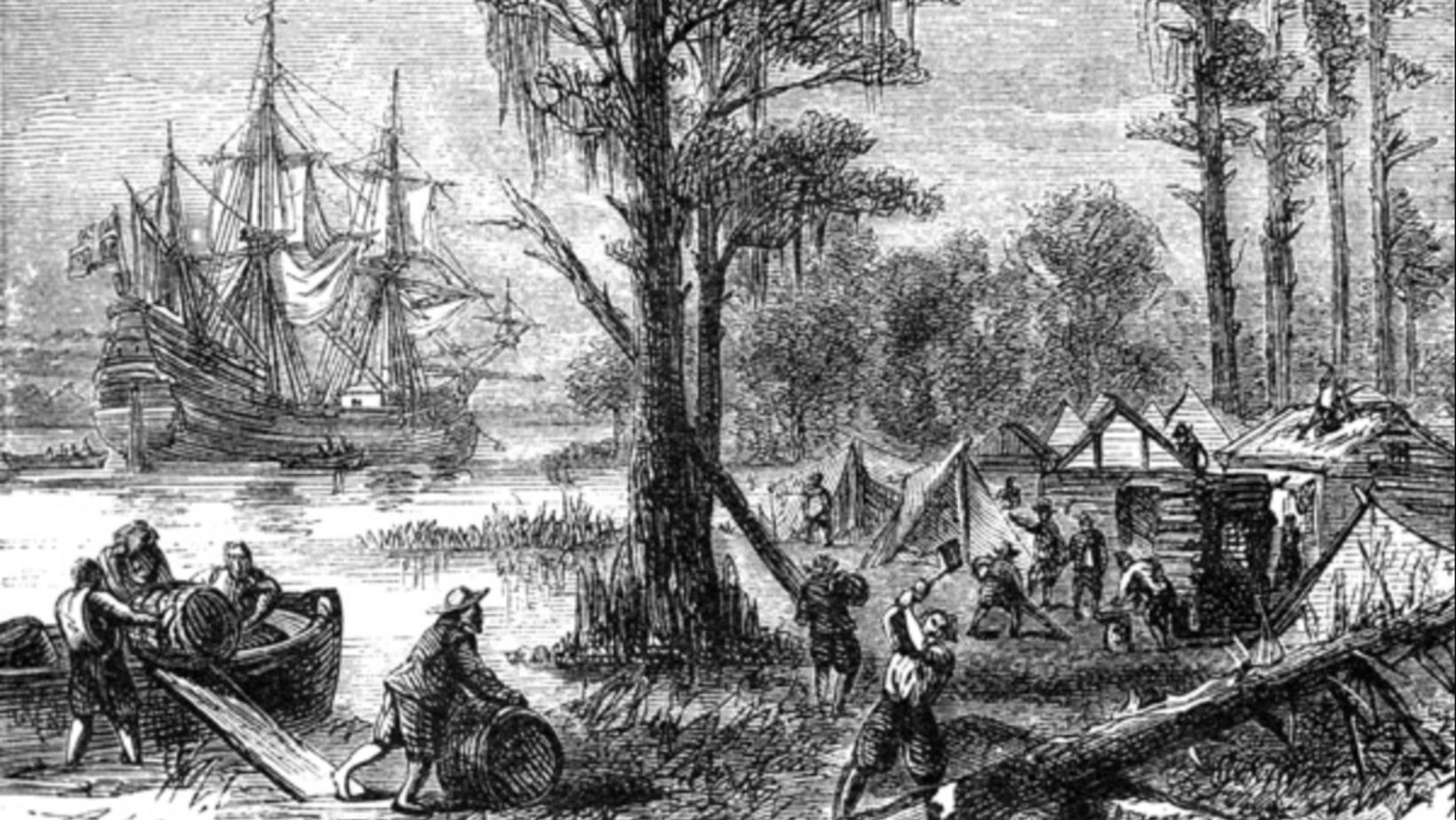One of the things that I learned while visiting Jamestown was that its eventual success was not just uncertain…it was downright unlikely. Sure, the settlers were bold adventurers. But they were also what you might call clueless incompetents. Many of the men were not sailors or farmers or soldiers, but gentlemen and manservants, completely unaware of and unaccustomed to the kind of hard labor it would take to succeed…or even survive. It wasn’t exactly the best crew to take along to found a colony in 1607.
But don’t take my word for it. Here’s Captain John Smith:
“First, the fault of our going was our own… * * * we were all ignorant, and supposing to make our passage in two months, with victual to live, and the advantage of the spring to work; we were at Sea five months, where we both spent our victual and lost the opportunity of the time, and season to plant, by the unskilfull presumption of our ignorant transporters, that understood not at all, what they undertook.”
The challenges only continued after their initial voyage: Two-thirds died before the first resupply convoy in 1608, and the settlement was about to be abandoned in 1610, when just as they were heading for England, another resupply convoy arrived—a day the colonists came to call the Day of Providence. Even after that, for nearly a decade, the whole enterprise was on the brink of collapse. But they stuck with it, and the rest, as they say, is history—our history.
I found this all quite encouraging. Do you ever feel clueless or incompetent, or wonder if you’ve got what it takes to succeed? One lesson from Jamestown is that perseverance and fortitude—and a bit of providence—often matters more than expertise or experience. Jamestown—even more than the American Revolution—might just be the original, American underdog story.
Have a wonderful day.


